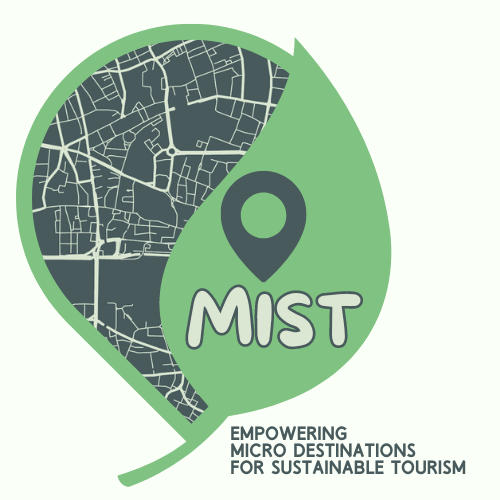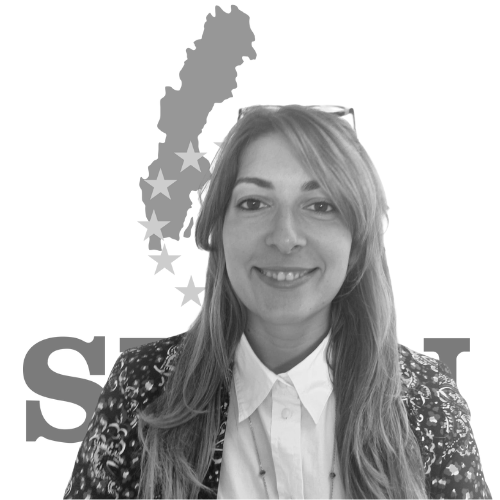

Erasmus+, KA2

The MIST project aims to address the challenges and opportunities of sustainable management and development of emerging and established micro destinations in the European Union. Micro destinations often have unique cultural, natural, and historical assets that can attract visitors. These are not limited to sites, but often include intangible cultural and historical assets. These assets can be used to develop sustainable tourism strategies that preserve local identity and heritage while at the same time ensuring economic benefits for local communities.
However, these destinations are also vulnerable to the negative impacts of tourism, such as hyper-seasonality, swings between over- and under-tourism, environmental degradation, and cultural commodification. Additionally, regions and municipalities struggle when it comes to streamlining methods for managing the developing clusters of micro destinations and retaining competence on micro destination development.
The general objective of MIST is to contribute to the development of knowledge sharing and capacity building among tourism stakeholders across Europe.
There are three specific objectives of the MIST project:
Two activities have been planned to achieve the objectives of the project:
Finally, the results of the project are to be presented locally in each one of the four countries in four separate online events, promoting the good practices to local actor participants from the sector of micro destination development.

Our objective is to increase cooperation among the
members of the network, between Italy and Sweden
and, more in general, the North and South of
the European Union.
Stradone Martiri della Libertà, 15 – 43123 Parma (PR) – Italy | C.F.: 91251370374
Tel: +39 0521686023 – Fax: +39 0521686023 – Website: www.sern.eu – Email: secretariat@sern.eu – PEC: secretariat@pec.sern.eu
© 2024 | All rights reserved | Privacy Policy | Cookie Policy